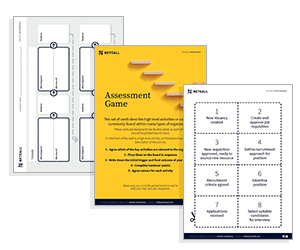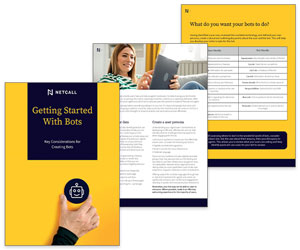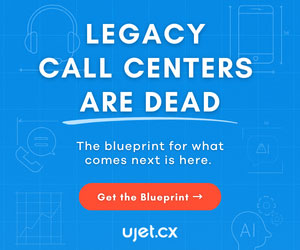Across the NHS, digital communication and engagement with patients is accelerating – but Liverpool Women’s NHS Foundation Trust is proving that progress isn’t just about new technology. It’s about how that technology is used and, more importantly, who it’s designed for.
By working in close partnership with our team at Netcall, Liverpool Women’s has transformed their patient engagement strategy using our Liberty Platform Patient Engagement Portal (PEP).
The goal? To build systems that open doors instead of putting up walls and ensure no one is left behind – regardless of language, background or digital confidence.
This is a story of inclusion by design, not assumption.
Challenges
Like many trusts across the NHS, Liverpool Women’s faced growing communication challenges. Appointment letters often arrived late – or not at all.
Phone calls went unanswered during shift work or childcare. For patients juggling complex lives, these missed connections weren’t just administrative problems – they were missed opportunities for care.
Patients like Nadia, who works night shifts and shares a phone with her partner, slipped through the cracks. She didn’t receive a timely appointment letter.
She missed two calls and, unknowingly, was discharged back to her GP. Her experience was a powerful wake-up call: modernizing communication isn’t just a technical upgrade – it’s a matter of safety, equity and dignity.
The Solution
Liverpool Women’s didn’t want a one-size-fits-all digital tool – they wanted a platform that reflected the real needs of their community. Using Netcall’s Patient Engagement Portal, the Trust co-designed a flexible system tailored to their patients, including:
- Appointment letters rewritten in plain English
- Top 10 languages available for translated content
- Consistent templates across all appointment types
- Calendar integration and NHS App connectivity
- Options for print, large print and Braille
- BSL video explainers, voiceovers and transcripts.
This wasn’t just a deployment – it was a rethinking of what inclusive healthcare communication should look like.
To support the launch, Liverpool Women’s redesigned their patient communications campaign from the ground up. They created bright, accessible materials using plain language and introduced a friendly, recognizable mascot – to guide patients through the new process.
Clear posters, digital screens and leaflets featured QR codes that linked to audio versions and videos with sign language. Accessibility wasn’t hidden in a sub-menu – it was front and centre.
And because awareness is essential to inclusion, the team made sure that every patient knew the platform existed, understood how to use it and had a choice in how they accessed their care.
Results
In just two weeks of launching the PEP in one clinic:
- 114 appointments were offered
- 75 patients responded digitally (66% uptake)
- Only 30 paper letters needed to be sent
- The trust saved over £1,200 in postage and admin.
But for Liverpool Women’s, this wasn’t just about efficiency, it was about empowering patients. Patients embraced digital not out of necessity, but because it genuinely fit into their lives.
Think older adults won’t embrace digital? The first two patients to log in were 74 and 80 years old – proof that age isn’t a barrier when the experience is built right.
This blog post has been re-published by kind permission of Netcall – View the Original Article
For more information about Netcall - visit the Netcall Website
Author: Netcall
Reviewed by: Jo Robinson
Published On: 2nd Oct 2025
Read more about - Industry News, Case Studies, Netcall






 Netcall is trusted by organisations worldwide, with 9 out of 10 customers ready to recommend us. With Liberty Converse CX, you can streamline operations, enhance customer engagement, and achieve real, measurable results.
Netcall is trusted by organisations worldwide, with 9 out of 10 customers ready to recommend us. With Liberty Converse CX, you can streamline operations, enhance customer engagement, and achieve real, measurable results. 










